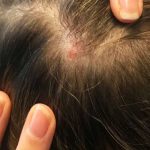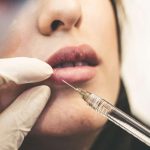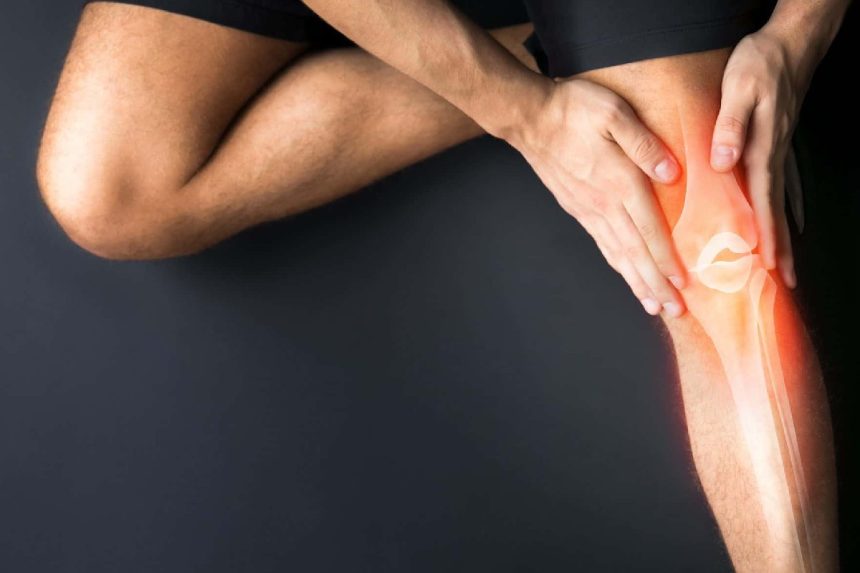Knee pain is a common complaint among adults, with up to 50 percent of adults suffering from chronic knee pain. The condition is closely linked to metabolic disorders, including obesity, chronic inflammation, diabetes and osteoarthritis. The risk of developing knee pain increases with age, causing reduced mobility and impacting quality of life for older adults.
Until recently, doctors have been in a quandary when it comes to treating knee pain, with drugs and eventual surgery comprising the mainstay of medical solutions. But advancements in science and technology are changing the game for knee pain, with non-surgical solutions that can eliminate it for good.
Table of Contents
Knee Pain Causes and Risk Factors
The knee has a complex architecture, with multiple structures converging to provide stability and mobility. Despite a relatively high incidence of injury, the knee is uniquely designed to mediate force loads multiple times the owner’s body weight.
Knee injuries are rare among young people, and the median age for knee injury is mid-to-late 30s. While acute injuries often occur among physically active people, knee pain often has a gradual onset, and early symptoms are often ignored until pain and instability become unbearable.
Common causes of knee pain include:
- Strains, sprains and ligament tears
- Meniscus tears
- Repetitive overuse from sports or exercise
- Bursitis
- Osteoarthritis
- Patellofemoral syndrome
- Knee cap dislocation
Risk factors for developing knee pain include:
- Lack of physical activity and too much sitting
- Chronic systemic inflammation
- Obesity
- Joint hypermobility
- High-sugar diet and type 2 diabetes
- Advanced age
- Sports that require jumping, cutting and pivoting
Given the trend toward obesity and metabolic disorders among Western countries, along with aging populations world-wide, knee pain is bound to become more prevalent unless we take measures to reverse it.
Medical Standard of Care for Knee Pain
In its early stages knee pain is typically treated with standard first aid that includes rest, ice, compression and elevation. NSAIDs may be recommended to dull pain and reduce inflammation, and corticosteroid injections may be recommended. When knee pain persists and worsens, medical doctors often prescribe narcotic pain killers. However, none of these solutions address the underlying causes of knee pain – they merely treat the symptoms.
When medical treatment no longer suffices to mask knee pain symptoms, doctors often turn to surgical interventions. Total knee arthroplasty (aka knee replacement surgery) has become increasingly common, with positive outcomes for most patients. But among patients who undergo knee arthroplasty, about 20 percent continue to have chronic knee pain, post-surgery.
Advanced Alternative Therapies are Game-Changers for Knee Pain Treatment
In the face of rising medical and insurance costs, and with growing concerns about narcotic addiction, many patients are seeking alternative solutions for knee pain treatment. In addition to lifestyle interventions like exercise, weight loss and dietary changes, recent advancements in technology have introduced new tools and methodologies for successfully treating knee pain.
Advanced non-surgical knee pain solutions include:
- Regenerative shockwave technologies like SoftWave, MyACT and ESWT, that reduce pain and inflammation and stimulate healing at the cellular level.
- Orthobiologic injection therapy such as platelet-rich plasma (PRP), prolotherapy, platelet releasate, Alpha 2 macroglobulin (A2M), and hyaluronic acid injections that repair damaged tissues and stimulate cartilage synthesis.
- Personalized physical therapy to enhance knee strength, stability and range of motion.
- High-tech 3D gait analysis and retraining, to correct mechanical deficits that contribute to knee pain.
By addressing the root causes of knee pain like inflammation, osteoarthritis, and joint alignment, physical therapy can help you eliminate knee pain while improving your mobility and quality of life.
Leverage Advanced Knee Pain Therapy in NYC
New advancements in science and technology offer exciting alternatives for patients looking to avoid drugs and surgery for knee pain. Unfortunately, many of those solutions are not available outside of major hospitals and research institutions. NYDNRehab is one of a handful of private physical therapy clinics that feature state-of-the-art technologies. For advanced non-surgical knee pain treatment in Manhattan, NYC, contact NYDNRehab today.






